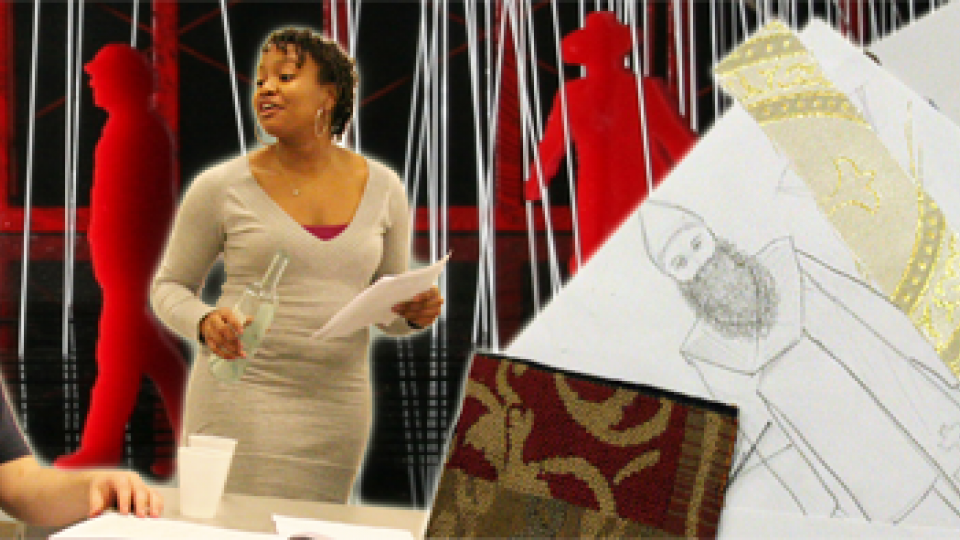Three distinguished Princeton faculty members have been chosen to
make presentations as part of this year's President's Lecture Series.
The series was started by President Shirley M. Tilghman in 2001 to
bring together faculty members from different disciplines to learn
about the work others are doing in a variety of fields.
Here is the schedule for the 2006-07 academic year:
• On Tuesday, Nov. 21, Simon Morrison,
associate professor of music, will speak. His research interests
include Russian and Soviet music (especially ballet and opera), French
and Russian Symbolism, and neo-classicism. Morrison, who earned his
Ph.D. from Princeton in 1997, has spent a considerable amount of time
tracking down lost scores and choreographies as part of his research
for a forthcoming monograph with Oxford University Press. In 2005,
Morrison and colleagues re-created the choreography, costumes and
elaborate mechanical set of one of the great lost ballets of the 20th
century, "Le Pas d'Acier" by Russian composer Sergei Prokofiev. This
spring, Morrison will be co-producing a staging of "Boris Godunov"
featuring a Prokofiev score that has never been used for a live
performance of Alexander Pushkin's play. In 2007-08, he will be working
with choreographer Mark Morris on a restoration of the ballet "Romeo
and Juliet."
• On Wednesday, March 28, Andrew Moravcsik,
professor of politics and director of the European Union Program, will
speak. He is the author of more than 100 scholarly publications on
European integration, global human rights, transatlantic relations,
U.S. and West European foreign policy, negotiation analysis,
international organization, international relations theory, and
defense-industrial globalization -- also the subjects he teaches. His
history of the European Union, "The Choice for Europe," has been called
"the most important work in the field" by the American Historical
Review.
• On Wednesday, April 25, Elizabeth Gould,
professor of psychology, will speak. Gould is a pioneer in dispelling
the conventional view in neuroscience that animals -- including
primates -- acquire no new neurons or nerve cells once they reach
adulthood. Her research has shown that the brain continues to create
neurons throughout life, a process called adult neurogenesis. Her
recent work has focused on showing how parenting experience alters
brain structure in the hippocampus and neocortex, regions important for
cognition.
All lectures will begin at 4:30 p.m. at a location to be announced. They will be Webcast; for viewing information, visit the WebMedia site.


